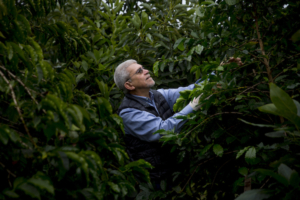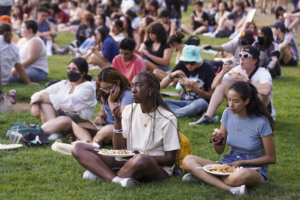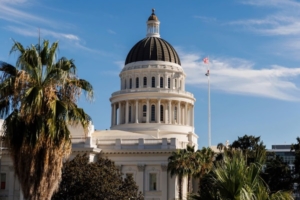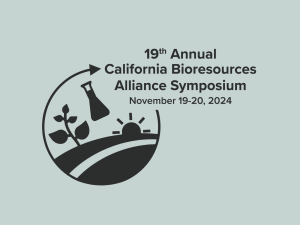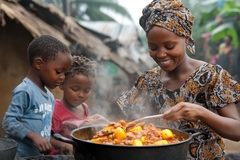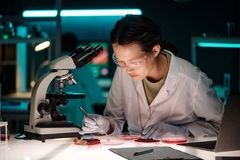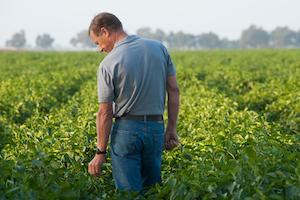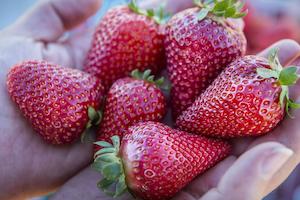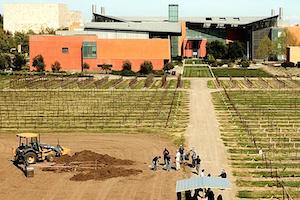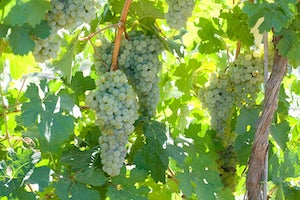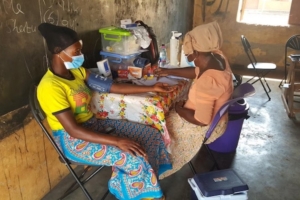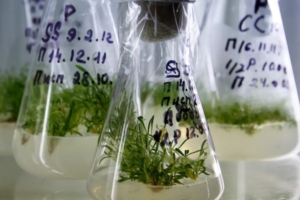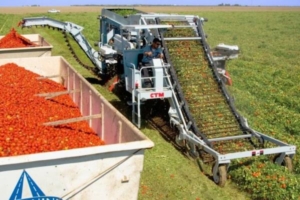About the Challenge
Globally, food systems are responsible for 34% of greenhouse gas emissions and over 85% of water consumption, fueling climate change and negative environmental impacts. In the US, approximately 30% of the food produced goes to waste, while over 10% of households experience some level of food insecurity, largely in underrepresented communities.
UC Davis is the premier university for food and agriculture, with food and agriculture research baked into all 11 schools and colleges across campus. No other university is as well-equipped as UC Davis to reinvent and revitalize food systems, with leading programs in fields such as food innovation, resource economics, food policy, environmental justice, human health, and conservation.
Grand Challenges aims to forge transdisciplinary collaborations across the UC Davis campus to address entire food systems, moving the world towards a new paradigm that values restorative agricultural practices, equitable access to nutritious food, innovations in biotechnology, and food as medicine.

